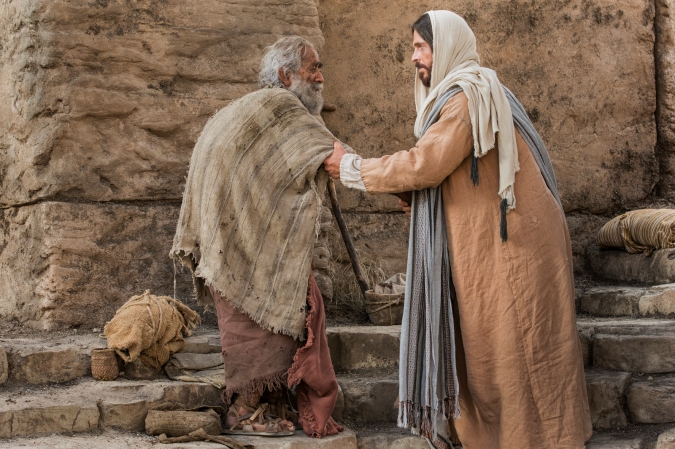On Being Strong Men
Recently, this scripture caught my attention: “Or else how can one enter into a strong man’s house, and spoil his goods, except he first bind the strong man? and then he will spoil his house.” (Matt. 12:29)
These words were spoken by the Savior in the context of casting out devils, but I wonder if a simple application to modern homes and families wouldn’t be appropriate. Isn’t it true that the best way for Satan to take down a family is to bring down the father? I don’t know, but it certainly seems true on too-many occasions.
Men are particularly susceptible to sexual frustration, addiction, and misconduct. Some struggle emotionally to cope with anger and other negative emotions. Men are also more likely than women (at least in my observation) to struggle with faith. A man’s divine tendencies toward the practical and logical can be a double-edged sword. Those thought processes may either strengthen or weaken his resolve to exercise faith.
Meanwhile, the good that can be done by men is truly awesome. Wives desire husbands who are kind and faithful. Like God, himself, many wives are willing to overlook a man’s imperfections when his heart is sincere and true. Children love fathers who are kind, loving, honest – and act like they’re going somewhere that is good and purposeful and includes the family. Not in every case, but generally, wives and children will follow such a man, wanting to be where he is and go where he’s going.
A man’s role is to protect and lead his family. Of course, protecting them means spiritually and emotionally and not just physically. Protecting them doesn’t mean over-protecting them. On the contrary, it means creating a safe environment through which they can increase their own capacity to protect themselves and others.
When a man is, as the Savior mentions, “strong” – meaning less that he has large muscles than that he is faithful, generous, devoted and accepts his role as a stand-in, of sorts, for the Savior – the family is far more likely to be safe in every important sense. If, however, the Adversary can find a way to “bind the strong man” through sin or faithlessness (or both), the risk of the family becoming “spoiled” increases dramatically.
May I – and all the men I know and love – be “strong men” as the Savior desires, as our families desire, and as our true, divine, masculine natures incline us to be. Doing so not only brings safety; it is a critical part of living after the manner of happiness.

